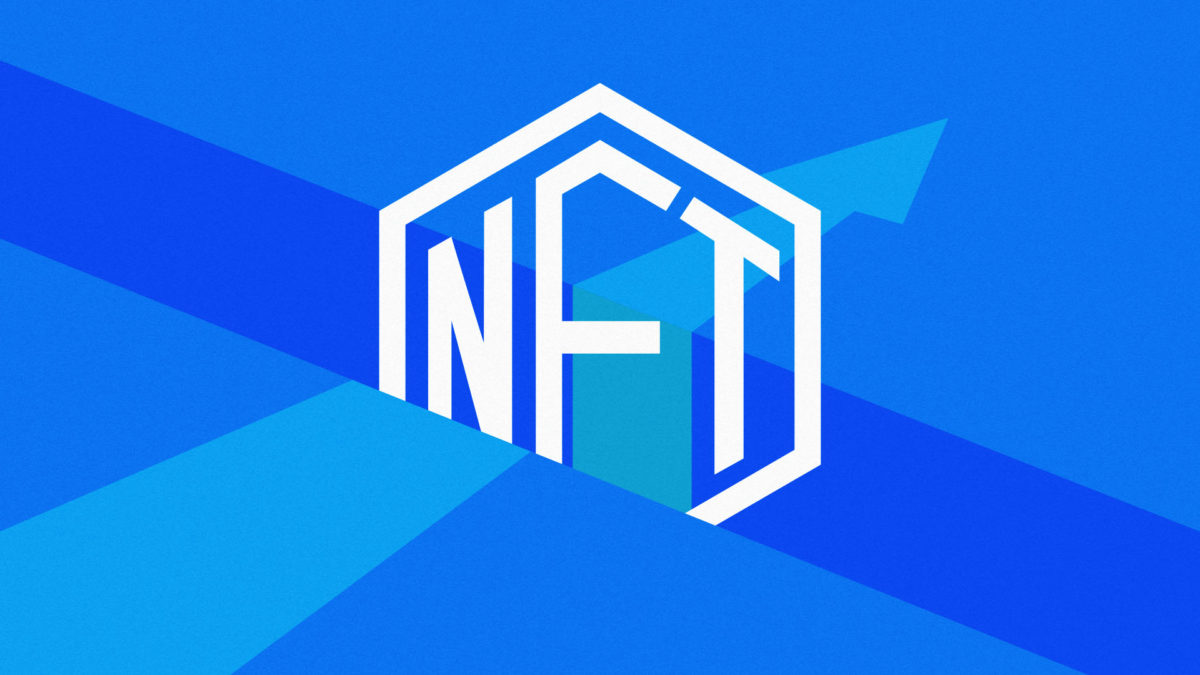UK asks public if minimal NFT regulation will suffice

UK Parliament has asked the public to weigh in on non-fungible token (NFT) regulation amid tanking sales and depreciating value.
An inquiry was launched on Thursday by the Digital, Culture, Media and Sport Committee (DCMS) into NFTs and the wider blockchain. Members of Parliament from several parties have been asked to consider the risks to NFT investors, but also the benefits that NFTs could offer the UK economy.
“NFT regulation in the UK is largely non-existent,” the inquiry reads. “Growth has also sparked fears the NFT speculation may be a bubble, and that overvalued assets may be dumped on ‘greater fool’ investors,” (our emphasis).
The inquiry cites how an NFT of Jack Dorsey’s first ever tweet was sold at auction for $2.9 million — but only attracted a top bid of $280 when crypto entrepreneur Sina Estavi relisted it in April. However, last month Estavi tweeted to show a new offer of 65 ETH (worth $103,000 at press time) had been submitted.
Read more: These six-figure NFTs are down 99%
The chair of the DCMS Committee, Julian Knight MP, commented: “NFTs swept through the digital world so fast that we had no time to stop and consider.” Knight went on to explain how the inquiry will determine “whether greater regulation is needed to protect these consumers and wider markets from volatile investments.”
Members of the public may send in comments online until January 6, 2023. The call for evidence poses these questions:
- Is the UK’s light-touch NFT regulation sufficient?
- What are the potential harms to vulnerable people of NFT speculation?
- Do blockchains offer security to British investors?
- What are the potential benefits to individuals and society of NFT speculation?
The DCMS inquiry was launched amid a nationwide scramble to get up to speed with cryptocurrency. The UK police invested £100 million into a crypto task force last month — yet say it’s not nearly enough to crack down on rapidly growing crypto crime.
For more informed news, follow us on Twitter and Google News or listen to our investigative podcast Innovated: Blockchain City.
